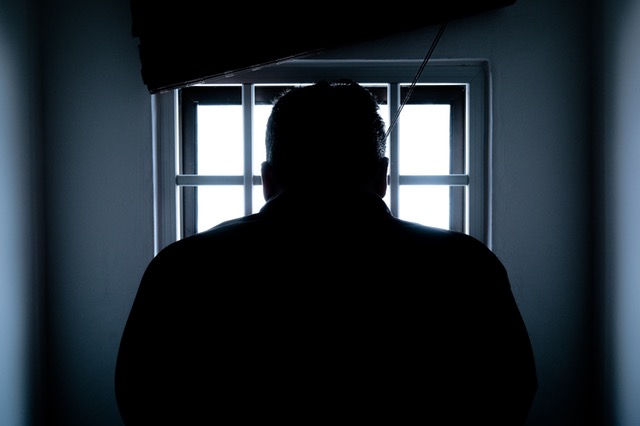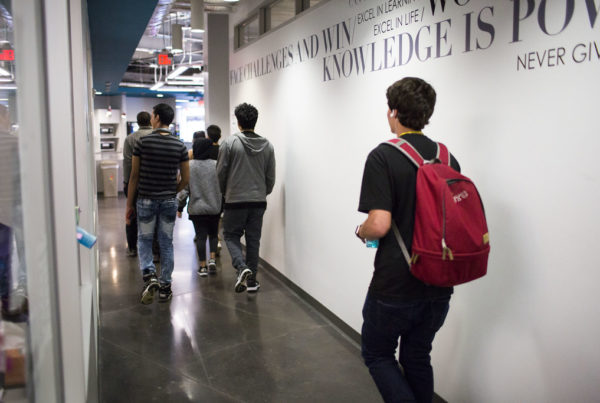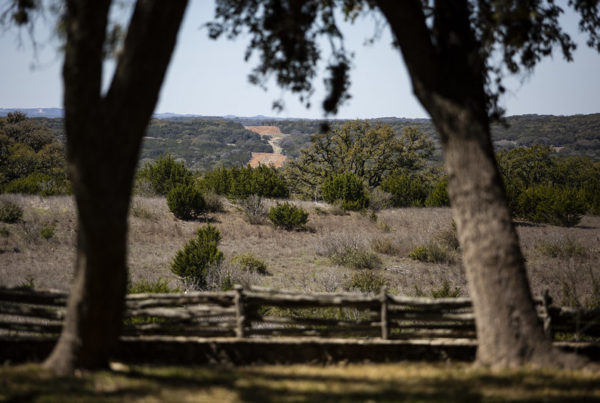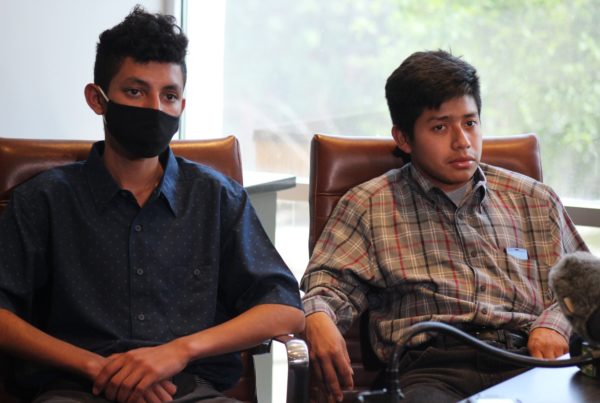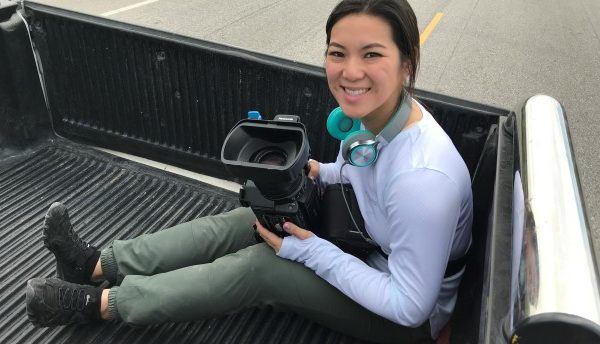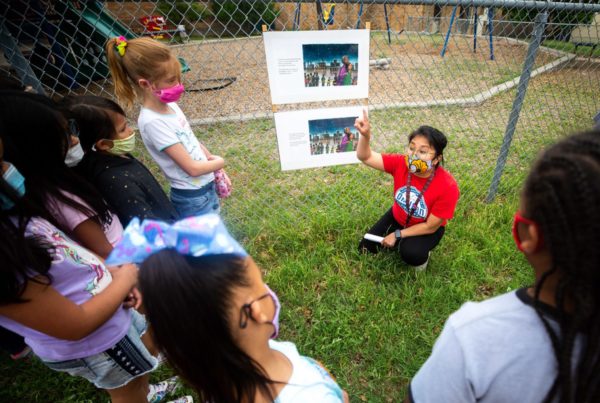From Houston Public Media:
More than 45,000 incarcerated people have gotten sick with COVID-19 in federal detention since the start of the pandemic. Monty Shelton is one of them.
Shelton, who’s incarcerated at the Bastrop Federal Correction Institution in almost total lockdown, was diagnosed in November. There was nothing he could do to stop it, he said: Though the prison took the pandemic seriously, they couldn’t do much more than take temperature checks. He said they removed access to ice and hot water machines, arguing they could be “super spreader” areas. Meals were delivered. Showers were limited to a few minutes every other day. And it was nearly impossible to keep a safe social distance in a seven-by-12-foot cell with two other people.
He was asymptomatic, but he said those who did show symptoms didn’t have access to Tylenol, Ibuprofen or allergy tablets.
“They said that we would try and mask the symptoms of COVID,” Shelton said. “They wouldn’t issue us any pain pills when we when we did have COVID, so it was it was it was pretty bad for those people that weren’t asymptomatic.”
One thing advocates have argued since the pandemic started is to release people from prison and jails to help stop the spread of COVID-19. Shelton has been arguing to be released under a program that lets incarcerated people earn work credits to finish their sentence at home.
And he says he’s earned enough. But in court filings, the U.S. Bureau of Prisons has fought for months to keep those credits from him.
“All of these earned home confinement credits that I have earned, I’m losing, because they won’t grant them to me before I get out,” Shelton said. “I would have been out before I got sick, and I probably wouldn’t have gotten sick.”
Shelton isn’t alone. Across the country, the BOP and the U.S. Department of Justice are fighting attempts by incarcerated people to get out of prison and finish their sentences from home under what’s known as home confinement.
Under the First Step Act, passed in 2018 and signed into law by President Donald Trump, people in federal lockup can, among other things, earn home confinement credits for certain activities while incarcerated. The law saw overwhelming bipartisan approval, passing 87–12 in the U.S. Senate and 358–36 in the U.S. House of Representatives.
The law was also praised by criminal justice reformers, with the ACLU saying it would “directly improve the lives of people harmed by our broken criminal justice system.”
“It’s not often that you’ll find the ACLU on the same side of an issue as President Donald Trump,” wrote Charlotte Resing, a policy analyst for the civil rights group.
There are currently more than 7,000 people finishing their sentences at home or in a halfway house.
But in many cases, the BOP and DOJ have fought to keep people incarcerated by arguing that prison officials are currently under no obligation to give home confinement credits to anyone until 2022.
That’s what happened in Monty Shelton’s case. In a petition to a federal judge in Austin, Shelton argued he was entitled to home confinement credits earned since April 2019 thanks to a prison work program run by Federal Prison Industries, better known by its trade name, UNICOR.
The government pushed back against his petition using two arguments.
First, BOP said it has not yet determined “which programs and activities will qualify to earn credits.”


